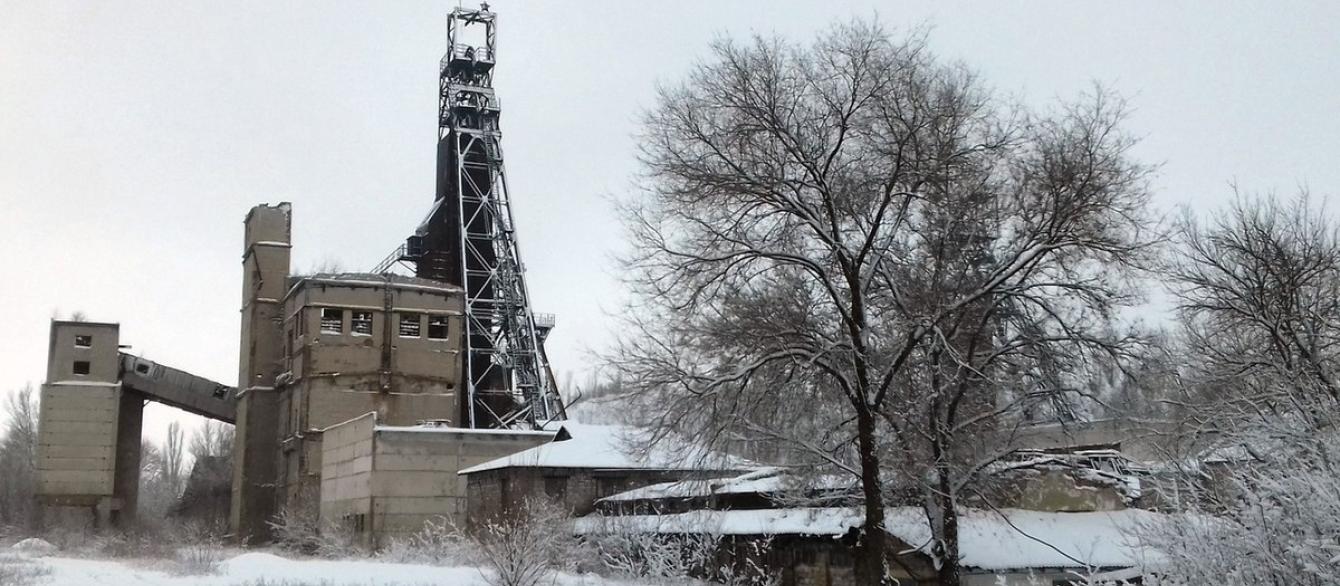Donbas has been one of the most contested borderlands of the Russian and Soviet empires for over a century. Starting with the Russian Civil War and onto the Holodomor, the Great Terror, World War II, Russia's 2014 proxy war, and its 2022 invasion, the region has been reduced to rubble more than once. The inevitable consequence of the related policies and events was a drastic change in demographics. Initially, this was manifested in the Soviet project of modernizing and industrializing the region, which aimed to mold Soviet citizens. However, since 2014, Russian nationalism has been introduced through the education system, church, and local media.
Currently, a strange and often contradictory blend of Soviet, local (Luganchanin/Donchanin), and Russian nationalist identities are being pursued in the Russian-occupied territories, while Ukrainianness, including language, religion, literature, and history, is banned or marginalized.
This event will offer a rare insider look into the case of Luhansk Oblast since 2014.
Beka Kobakhidze is a historian of Russian imperial borderlands. He is a professor at Ilia State University in Tbilisi. As an OSCE Special Monitoring Mission observer, he worked and lived in Luhansk Oblast during 2019-2022. His first two years were spent in the non-government-controlled Luhansk and the last year he worked in the government-controlled Severodonetsk (now under Russian occupation), where from he was evacuated on 25 February 2022.
Yevhenii Monastyrskyi, a native of Luhansk, is a Ph.D. student in Eastern European History at Harvard University, specializing in Soviet internationalist networks. He graduated Luhansk Taras Shevchenko National University with a B.A. in history, Ukrainian Catholic University with an M.A. in Modern History of Ukraine and Yale University with an M.A. in European and Russian Studies. He is a lead researcher at the War Childhood Museum (Ukraine) and a lecturer at the Kyiv School of Economics.
Accessibility
The Davis Center for Russian and Eurasian Studies at Harvard University encourages persons with disabilities to participate in its programs and activities. If you anticipate needing any type of accommodation or have questions about the physical access provided, please contact us at 617-495-4037 or daviscenter@fas.harvard.edu in advance of your participation or visit. Requests for Sign Language interpreters and/or CART providers should be made at least two weeks in advance if possible. Please note that the Davis Center will make every effort to secure services but that services are subject to availability.




